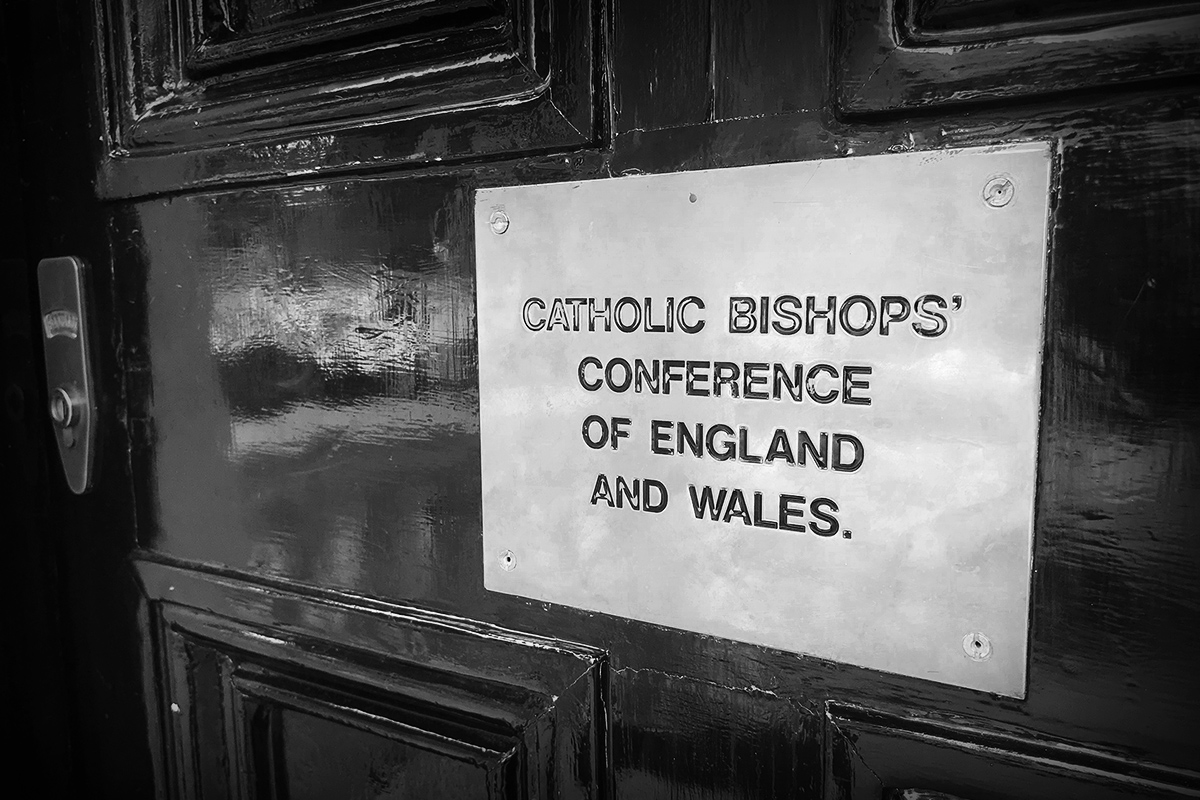
In one of his statements focussing on the importance of sustainable development, Pope Benedict XVI turned his attention to the situation of poverty in the world: “True world development requires … an objective knowledge of human situations, the identification of the real causes of poverty and practical responses whose priority is the appropriate formation of each person and community. Thus, the authentic freedom and responsibility that are proper to human action will be put into practice.”[i]
As they have been doing for many, many years, those living in extreme poverty continue to wait for those effective practical measures to be put into practice.
They continue to look forward to the time when all those governments that, 36 years ago, committed themselves to provide Official Development Assistance (ODA) through committing 0.7% of their gross national product, will honour their commitment and meet that goal.
People living in poverty are waiting for the time when 100% of the official multilateral and bilateral debt of heavily indebted poor countries is cancelled; when low and middle income developing countries are offered debt relief or restructuring. This will open the way for initiatives that offer universal access to the basic necessities of life and development such as drinkable water, safe sanitation, nutrition programmes, health care, education and adequate shelter as well as financial and employment opportunities. We also need to speak of the importance of addressing armed conflicts, which inhibit progress and see whole regions slide backwards. Armed conflict actually works to “reinforce poverty”[ii]. That backwards slide is also fuelled by the impact of malaria, HIV/AIDS, tuberculosis and other infectious diseases.
People living in poverty are looking forward to the time when corruption in government or in the social sector will no longer prevent development opportunities from reaching all members of society. A government that is truly responsive to the needs of its people is not only a necessity for development – it should also be seen as a right.
Pope Benedict XVI believes that this is the time. This is why he has decided that the Holy See would participate in the International Finance Facility bond programme. His Holiness recognizes the immediate need to provide the funds in order to respond to poverty, hunger, education and literacy needs and the ongoing fight against the scourge of malaria and the spread of HIV/AIDS and tuberculosis.
It is my pleasure to thank Mr. Gordon Brown, Chancellor of the Exchequer, who has been the driving force behind this initiative. In July 2004, inspired by the IFF programme, his Ministry collaborated with the Pontifical Council for Justice and Peace in organizing a meeting on “globalization and poverty”. It was there that he reminded us that, “In the absence of finance, the Millennium Development Goals look like another set of promises set, reset and reset again and then only betrayed. So our goals demand urgent action, indeed sacrifice, from the world’s richest countries.”
The Catholic Church consistently shows its deep concern for the needs of all, especially those living in poverty. Pope Benedict hopes that the participation by the Church in this programme will help to inspire others to take the step towards concrete action.
In earmarking the use of this money exclusively for projects in line with the positions that the Holy See maintained during the various international and United Nations conferences throughout the 1990’s, His Holiness is pleased to help light the way for others who might also wish to join him in empowering those living in poverty to take an active role in providing themselves and their family the opportunity to build a better life.